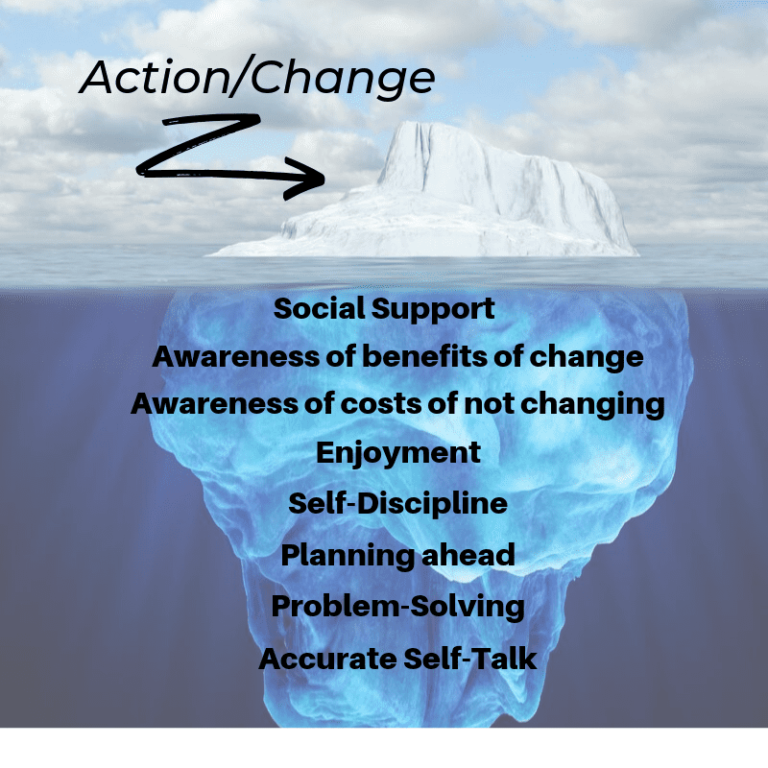Living with a “Mystery Illness”
I recently answered the question “what’s it like to live with an undiagnosed mystery illness for a prolonged period of time?”. Having my own autoimmune diagnosis that used to fit this description, and working for ten years with clientele who were often labeled as “malingerers”, and “hypochondriacs”, I understand with extreme clarity how this experience plays out and affects you emotionally. These “Invisible Illnesses” have an effect on sufferers that is quite distinct from other disorders.
Prior to my diagnosis, and during my training in graduate school, I became extremely familiar with the term “worried well“. Not surprisingly, there is actually an ICD code for it (international medical coding system for diagnosing people). That label, while well-meaning, is part of the reason for so much distress. Doctors who use this label have almost instantly made up their minds about how to approach this patient regardless of what’s being presented.

As far as the emotional toll:
- You blame yourself for your symptoms, since you MUST be causing it if there’s no identified reason for it.
- You lose trust in your own judgement.
- You begin to believe the mystery illness is in your imagination.
- You try desperately to “lifestyle your way out of it“, to no avail, and beat yourself up further.
- Social relationships are harmed because those around you are sure you’re making it up, or are “nuts”.
- You feel that you are somehow flawed because your symptoms occur when you “should” feel fine.
These beliefs and self-concepts are a recipe for chronic depression, anxiety and resentment. If and when you are lucky enough to be diagnosed, here’s a list of things that creep in:
- Relief mixed with intense anger toward all those who disregarded you over the months or years.
- Validated – this is huge.
- Worries that there is more to be found at any moment – because you’ve been validated, now you worry that everything you feel is pathological.
- Grief because learning you have a chronic illness means you will never “get better”, which is what you had been hoping for while undiagnosed.
- Freed (I know, it’s pretty paradoxical) because you can stop blaming yourself, you can identify your new “normal” and how to best function within it, and move forward.
Here’s the story of how my mystery illness was diagnosed.

Nobody should have to live with this emotional burden. Organizations like the Sjogren’s Foundation are working hard to expand research and educate the medical community about the complexities of Sjogren’s Disease. They are successfully helping reduce the time to diagnosis, but they need our support to keep the needle moving forward.







3 Comments